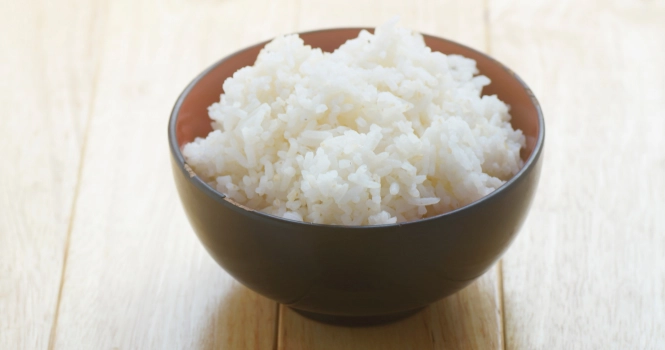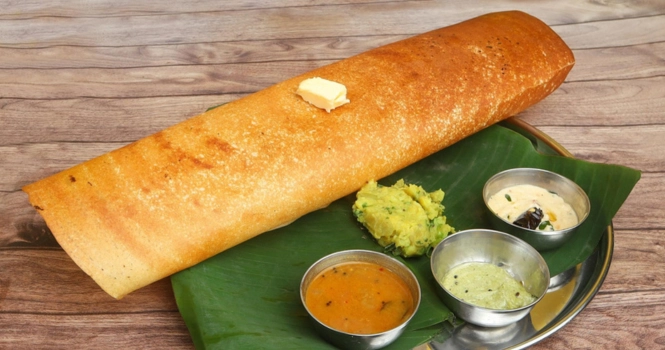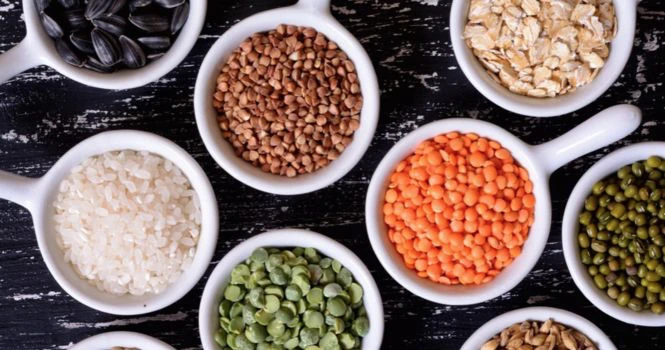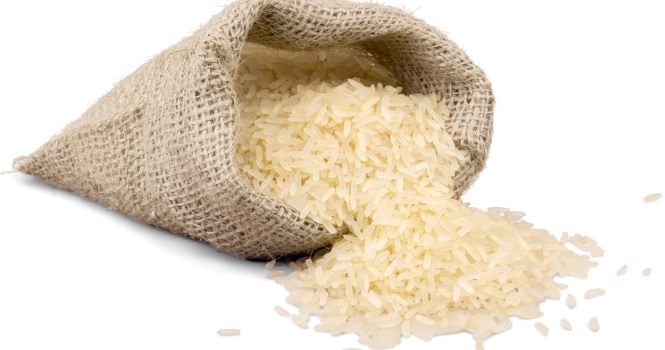Unveiling the Glycemic Index of Jackfruit Seeds
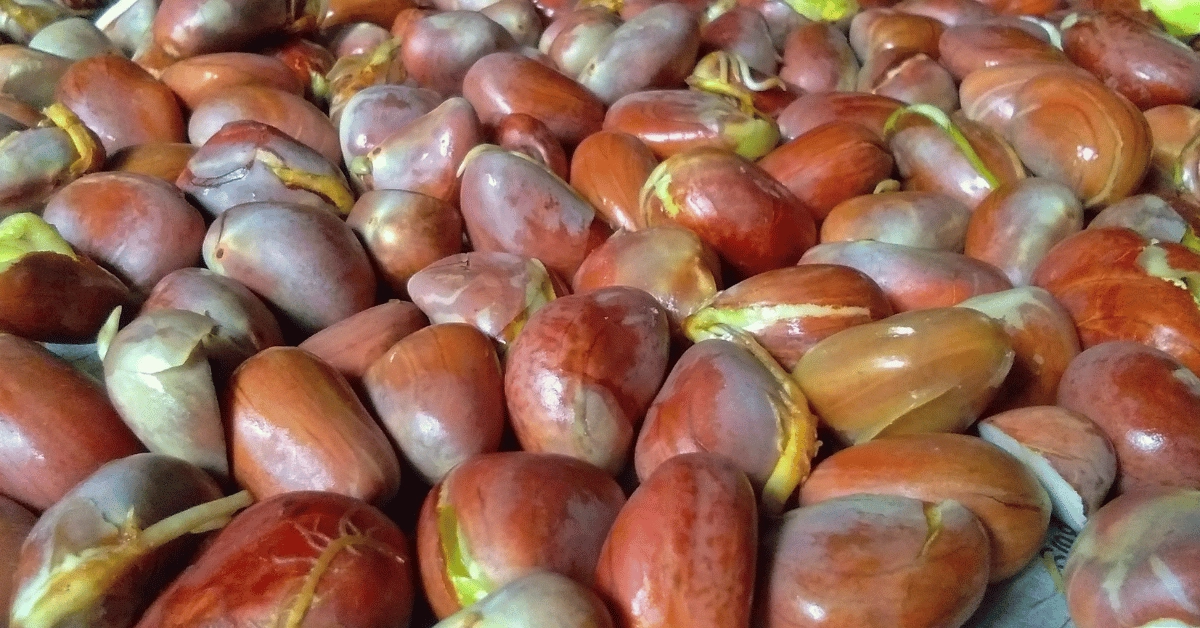
Understanding the glycemic index of jackfruit seeds can offer valuable insights into how they can be incorporated into meals for their health benefits, particularly in terms of blood sugar management.
Glycemic Index of Jackfruit Seeds: A Nutritional Perspective
Jackfruit, a tropical fruit known for its distinctive sweet flavor and meaty texture, has gained popularity worldwide. While the fruit’s flesh is commonly consumed, its seeds are often overlooked, despite being packed with nutrients.
In recent years, there has been growing interest in the glycemic index (GI) of various foods, including jackfruit seeds, especially among individuals concerned with blood sugar management.
What is the Glycemic Index?
The glycemic index is a ranking system for foods containing carbohydrates. It measures how quickly and significantly a food item can raise blood glucose levels after consumption.
Foods are classified as low, medium, or high GI, with low GI foods being slower to digest and absorb, leading to a gradual rise in blood sugar levels.
Glycemic Index of Jackfruit Seeds
Research on the specific glycemic index of jackfruit seeds is limited, but understanding the composition of these seeds can provide some insights.
Jackfruit seeds are rich in complex carbohydrates, dietary fiber, and resistant starch, all of which contribute to a potentially lower glycemic response. These components slow down the digestion and absorption process, possibly resulting in a lower GI compared to more refined carbohydrate sources.
Nutritional Benefits of Jackfruit Seeds
Beyond their glycemic index, jackfruit seeds offer a variety of nutritional benefits:
- Rich in Fiber: The high dietary fiber content aids in digestion and helps maintain a healthy gut.
- Protein Source: Jackfruit seeds contain a significant amount of protein, which is essential for muscle repair and growth.
- Vitamins and Minerals: These seeds are a good source of essential vitamins like vitamin B6 and minerals such as magnesium, potassium, and iron, contributing to overall health and well-being.
Incorporating Jackfruit Seeds into Your Diet
Jackfruit seeds can be consumed in several ways, making them a versatile addition to meals:
- Boiled or Roasted: The simplest way to consume jackfruit seeds is by boiling or roasting them, which can be eaten as a snack.
- Ground into Flour: The seeds can be dried and ground into flour, used in baking or as a thickener in soups and sauces.
- Added to Dishes: Cooked jackfruit seeds can be added to curries, salads, or stir-fries for an extra nutritional boost.
While jackfruit seeds can be a nutritious addition to the diet, it’s essential to consume them in moderation, especially for individuals with specific dietary restrictions or those monitoring their blood sugar levels. As with any food, the key is balance and variety within the diet.
Frequently Asked Questions
Is Jackfruit Seed Good for Diabetic Patients?
Jackfruit seeds can be a beneficial addition to the diet of diabetic patients due to their low glycemic index, high fiber content, and complex carbohydrates.
These components help in the slow release of glucose into the bloodstream, aiding in better blood sugar control. However, diabetic individuals should consume jackfruit seeds in moderation and as part of a balanced diet to ensure they meet their specific nutritional needs without adversely affecting their blood sugar levels.
How Many Jackfruit Seeds Can I Eat a Day?
While there’s no specific recommendation for the daily intake of jackfruit seeds, a moderate amount, such as 5-10 seeds, can be considered safe for most individuals.
It’s important to factor in individual dietary needs, overall caloric intake, and any specific health conditions or dietary restrictions. As with any food, moderation is key, and it’s advisable to incorporate jackfruit seeds as part of a varied and balanced diet.
Are Jackfruit Seeds High in Carbs?
Jackfruit seeds contain a moderate amount of carbohydrates, consisting mainly of complex carbs and dietary fiber.
While they do have carbs, the presence of fiber and resistant starch in these seeds means they are digested and absorbed more slowly, potentially leading to a lower glycemic response compared to simple carbohydrate sources.
What Are the Disadvantages of Jackfruit Seeds?
While jackfruit seeds are nutritious, there are some considerations to keep in mind:
- Digestive Issues: For some individuals, consuming jackfruit seeds, especially in large quantities, may lead to digestive discomfort such as bloating or gas due to their high fiber content.
- Allergic Reactions: Rarely, some people may experience allergic reactions to jackfruit seeds.
- Preparation Time: Proper preparation of jackfruit seeds, which includes boiling or roasting, can be time-consuming.
- Choking Hazard: Due to their size and hardness before cooking, there’s a potential choking hazard, particularly for children.
As with any food, it’s essential to consume jackfruit seeds in moderation and be mindful of individual dietary tolerances and preferences.




